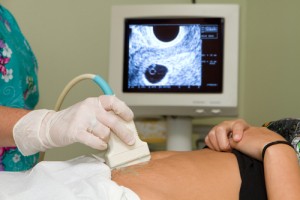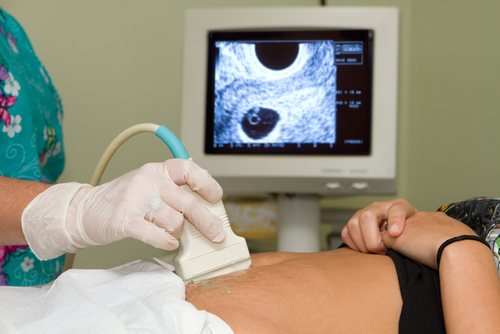 A new study contributing to a better understanding of type 1 childhood diabetes, entitled “Antibodies to islet cell auto antigens, rotaviruses and/or enteroviruses in cord blood and healthy mothers in relation to the 2010–2011 winter viral seasons in Israel: a pilot study,” was recently published in Diabetic Medicine. The new research was led by Prof. Zvi Laron, Professor Emeritus of Pediatric Endocrinology at TAU’s Sackler Faculty of Medicine, Director of the Endocrinology and Diabetes Research Unit at Schneider Children’s Medical Center of Israel, and Head of the WHO Collaborating Center for the Study of Diabetes in Youth. In this new research, Prof. Laron and collaborators from Israel, the University of Washington, and Lund University in Sweden have found evidence that viral infections in expectant mothers may trigger the development of childhood type 1 diabetes during pregnancy.
A new study contributing to a better understanding of type 1 childhood diabetes, entitled “Antibodies to islet cell auto antigens, rotaviruses and/or enteroviruses in cord blood and healthy mothers in relation to the 2010–2011 winter viral seasons in Israel: a pilot study,” was recently published in Diabetic Medicine. The new research was led by Prof. Zvi Laron, Professor Emeritus of Pediatric Endocrinology at TAU’s Sackler Faculty of Medicine, Director of the Endocrinology and Diabetes Research Unit at Schneider Children’s Medical Center of Israel, and Head of the WHO Collaborating Center for the Study of Diabetes in Youth. In this new research, Prof. Laron and collaborators from Israel, the University of Washington, and Lund University in Sweden have found evidence that viral infections in expectant mothers may trigger the development of childhood type 1 diabetes during pregnancy.
In this study, Prof. Laron and collaborators assessed the levels of pancreatic islet cell autoantibodies, as a biomarker of diabetes development, without yet having the symptoms and antibodies for anti-rotavirus and anti-CoxB3 in the blood of 107 healthy pregnant women. Prof. Laron is known internationally for discovering the Laron Syndrome, also known as Laron-type Dwarfism, an autosomal recessive disorder characterized by insensitivity to growth hormone. T
The researchers found a significant difference between blood of women analyzed in different seasons of the year, suggesting a link between winter viral epidemics and pancreatic islet cell autoantibodies. The presence of glutamic acid decarboxylase 65 (GAD65) antibodies, used as autoimmune marker in blood to confirm the diagnosis of insulin-dependent diabetes mellitus (IDDM), both in umbilical cord blood and their mothers blood, indicated autoimmune damage to pancreatic islet cells during pregnancy, possibly caused by cross-placental transmission of viral infections and/or antivirus antibodies. In other words, during viral epidemics of winter months, 10% of the healthy pregnant women without family history of autoimmune diseases were positive for GAD65 antibodies. Additionally the authors stated that concentrations of GAD65 antibodies in cord blood samples exceeding the ones in the corresponding maternal sample, or antibody-positive cord blood samples with antibody-negative maternal samples, may suggest an immune response by the fetus in the utero.
“We knew that type 1 diabetes was associated with other autoimmune diseases like Hashimoto Thyroiditis, celiac disease, and multiple sclerosis, so we investigated the seasonality of birth months for these respective diseases in Israel and other countries,” said Prof. Laron to the American Friends of Tel Aviv University (AFTAU) news. “We found that the seasonality of the birth of children who went on to develop these diseases did indeed differ from that of the general public” added Prof. Laron to the AFTAU news. “In further studies, we found evidence that viral infections of the mother during pregnancy induced damage to the pancreas of the mother and/or the fetus, evidenced by specific antibodies including those affecting the pancreatic cells producing insulin,” said Prof. Laron to AFTAU news.
Presently, Prof. Laron and collaborators are applying for financial support to pursuit their research and perform a large study that will include almost 1,000 women and newborns.


